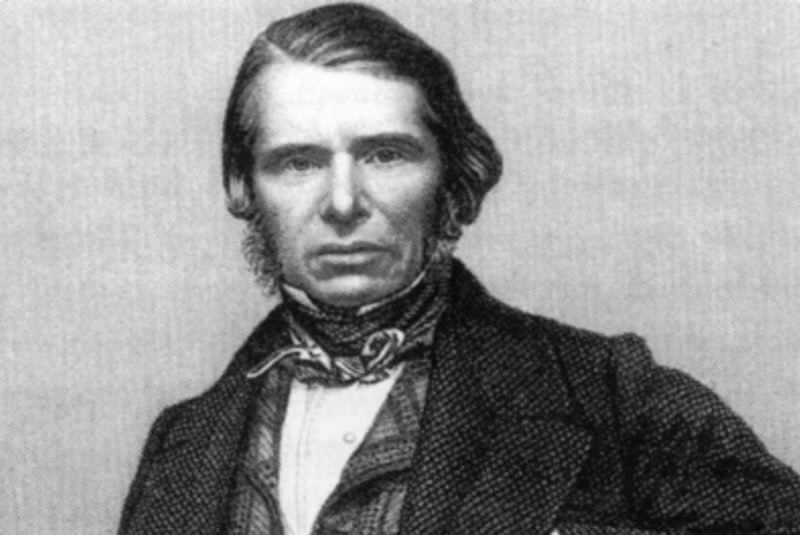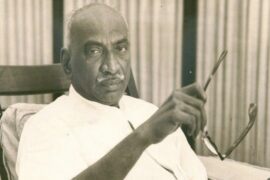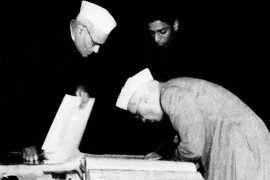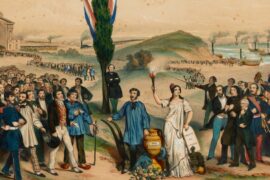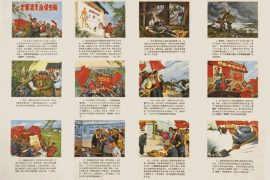Charles Trevelyan’s time in India was brief, much like his stint as governor for the Madras Presidency, which did not last long. Trevelyan was removed from his position after an act “subversive to all authority.” Later, he was absolved of charges and returned to India as finance minister from 1862 to 1865. Trevelyan is better known for his work on the Irish famine.
Charles Trevelyan started as a writer for the civil services in East India Company, Bengal. From there, he moved to Delhi as assistant to the English commissioner. Here, he improved the people’s living conditions by eliminating duties on internalised trade. Trevelyan’s work in India can be described as altruistic. When he was posted in Calcutta in the 1930s, he took measures to improve the education of Indians by extending to them European science and literature.
Trevelyan’s career as a civil servant in India is said to have been successful. In 1829, Trevelyan called out his superiors for bribery, which led to his dismissal. That made Charles fair better on the government’s books and seen as fearless. Between 1828 and 1835, he worked with the famous reformer Lord William Bentick, the Governor-General of India. Bentinck praised the work of Charles by saying, “That man is almost always on the right side in every question; and it is well that he is so, for he gives a most confounded deal of trouble when he happens to take the wrong one.”
In 1840, Charles Trevelyan returned to London and served as Assistant Secretary to the Treasury. This was the highest position a civil servant could hold. That made him a major figure in the Irish famine, which he did not control well. William Bentinck was right. Trevelyan gave the most confounded deal of trouble when he took the wrong side.
In 1846, Trevelyan entirely controlled the relief administration of the famine because John Russell became Prime Minister. Russell was a weak minister, meaning his civil servants made all the administrative decisions. Trevelyan suddenly had power like never before.
Trevelyan believed that the work of food distribution should belong to private charities except in remote areas and that Ireland should bear the cost of relief. In 1847, Trevelyan declared the famine over when it was still very much ongoing. The Great Potato Famine was thus mishandled by Trevelyan and encouraged Irish people to go againstBritish colonial rule in Ireland.
Trevelyan’s job in Ireland was disappointing, but his job in India wasn’t. After the Indian Mutiny, Trevelyan was asked to serve as Governor of Madras. Here, he implemented police reforms by establishing a new police force. He also helped improve sanitary conditions, established a municipal corporation, and offered land ownership rights—all within a year. Trevelyan also opposed tax increases, which led to his removal from the position.
The treatment of Trevelyan by Indians and the Irish was quite contrasting. In his words, the famine was caused because it was ‘the judgement of God,’ a ‘calamity’ which was sent ‘to teach the Irish a lesson.’ ‘The real evil with which we have to contend,’ he wrote ‘, is not the physical evil of the Famine, but the moral evil of the selfish, perverse and turbulent character of the people.’
With the Indians, he tried to bring positive change and reforms and even stood against the English government, supporting the Indians. Charles Trevelyan, then, would have a much cleaner record as a civil servant if he never went back to London.
-30-
Copyright©Madras Courier, All Rights Reserved. You may share using our article tools. Please don't cut articles from madrascourier.com and redistribute by email, post to the web, mobile phone or social media.Please send in your feed back and comments to [email protected]

